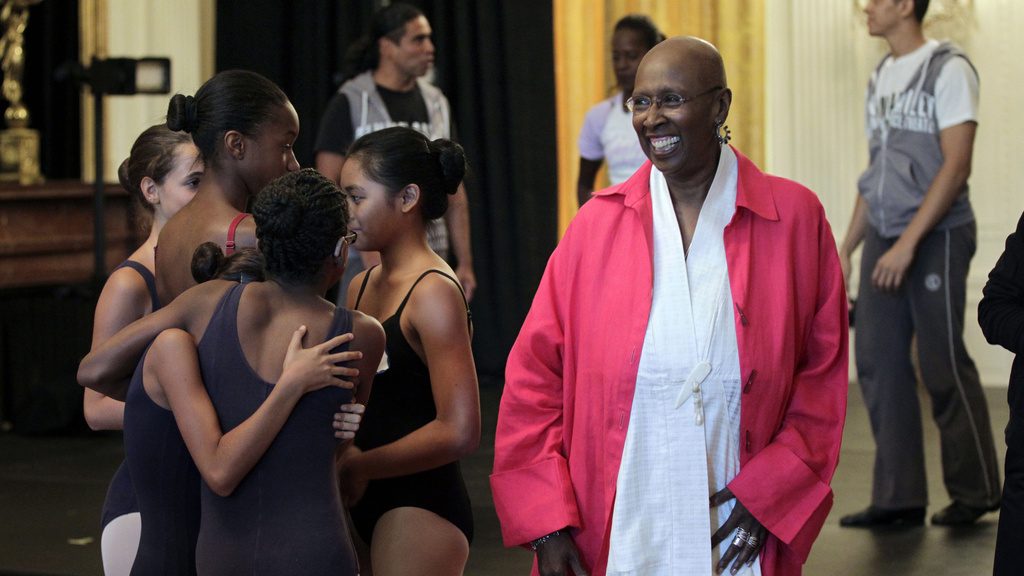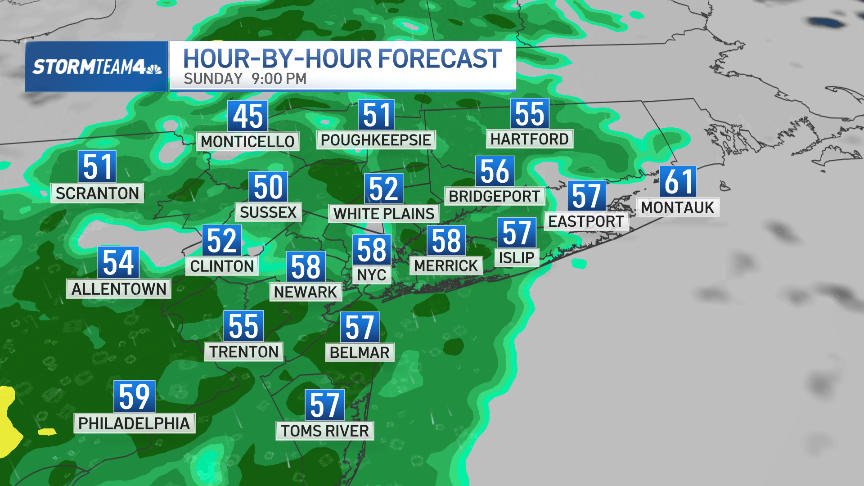Three judges on a federal appeals panel appeared inclined Wednesday to reject arguments that President Donald Trump's tax returns can't be given to a New York grand jury because he is immune from state criminal law — even if he were to shoot someone on Fifth Avenue.
Chief Judge Robert A. Katzmann of the 2nd U.S. Circuit Court of Appeals told lawyers at the conclusion of nearly an hour of arguments that the panel believed the attorneys "may be seeing each other again in Washington."
The U.S. Supreme Court will likely have the last word on whether Trump can shield himself from Manhattan District Attorney Cyrus R. Vance Jr.'s efforts to explore the president's financial records since 2011, including his tax returns.
The hearing's most colorful exchange came when Judge Denny Chin confronted Trump attorney William S. Consovoy over whether he thought local authorities could go after Trump if he shot somebody on Fifth Avenue.
"Nothing could be done? That's your position?" Chin asked.
"That's correct. Yes," Consovoy answered, saying that the president would have to be impeached first.
The exchange referenced Trump's claim when he was campaigning for president in January 2016 that voters would not reject him even if he shot somebody in the middle of Fifth Avenue.
Local
Chin foreshadowed his Fifth Avenue query earlier in the hearing when he asked whether the president was beyond the reach of investigators "no matter how heinous" the crime.
The judge also asked Consovoy whether he believed the state was seeking Trump's financial records and tax returns "just to embarrass the president? Is that the argument?"
"Yes," Consovoy responded.
Vance, a Democrat, is conducting a wide-ranging probe that includes payments made to buy the silence of two women who claim affairs with the president before the 2016 presidential election.
The payments were made to porn star Stormy Daniels and Karen McDougal, a onetime Playboy centerfold. Both have spoken publicly about affairs they say they had with the president before the 2016 presidential election.
Trump appealed after a lower-court judge tossed out his challenge to Vance's subpoena of his financial records from his longtime accountant.
Trump's lawyers say the Constitution prohibits states from subjecting the U.S. president to criminal process while he's in office.
Vance's attorney, Carey R. Dunne, told the 2nd Circuit that no one is above the law and that the president does not enjoy the blanket immunity he claims.
The criminal probe, he said, is "hamstrung significantly" by Trump's claims of presidential immunity from a subpoena for tax returns.
"They're making this up, your honor," Dunne said of the legal argument.
Both sides have agreed that no tax records will be demanded until court appeals are finished.
In court papers, Vance has said he's seeking financial and tax records of entities and individuals, including Trump, who engaged in business transactions in Manhattan.
Trump's lawyers wrote in court papers that the request is unusual and requires more specific information.
All three judges on Wednesday's appeals panel were appointed by Democratic presidents.



